
Stories of Change
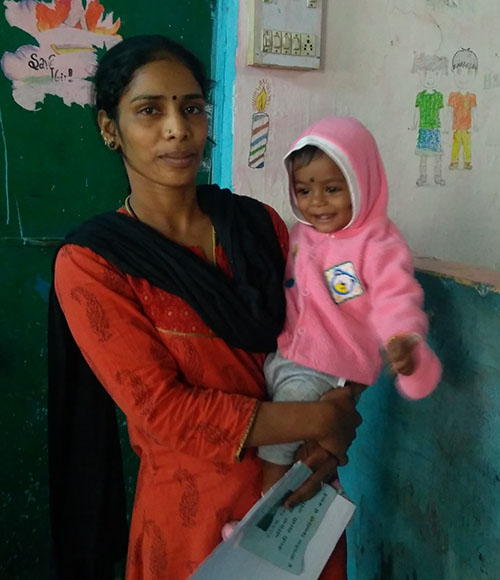
Sudha, mother of two came to Sukarya when she was seven months pregnant with her third child. Her husband Gopal worked as a mason and the financial condition of the family was very fragile. Sudha was a beneficiary under the mMitra Urban Poor Programme. She received a recorded call every week ………
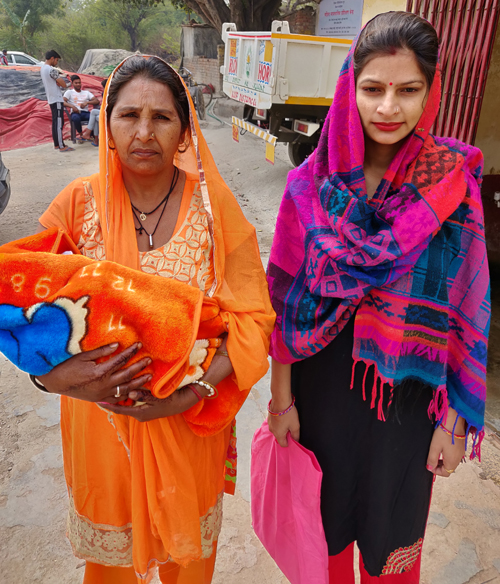
The Inder Camp slum habitation in Rangpuri Pahadi in Delhi has seen a rise in footfall. Several senior women are trooping in to the dispensary, counselling and examination room with young daughters, daughters-in-law and nieces. This is a new trend and a result of the advocacy done by Sukarya …….

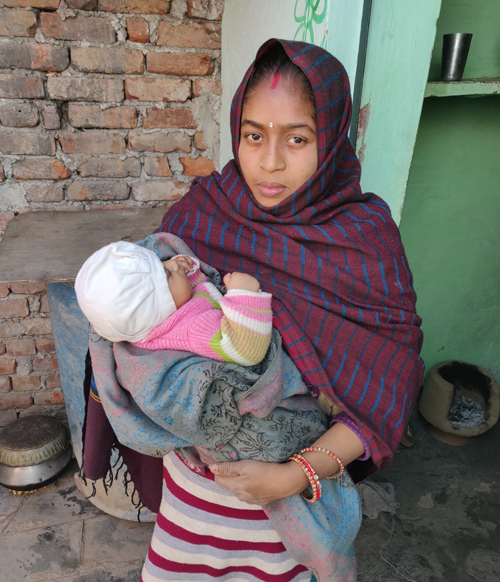

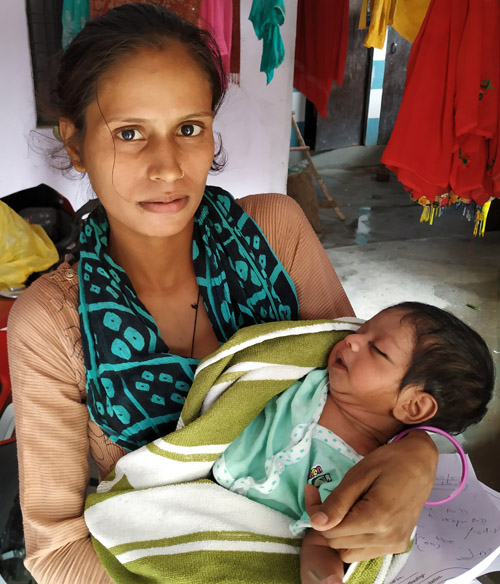
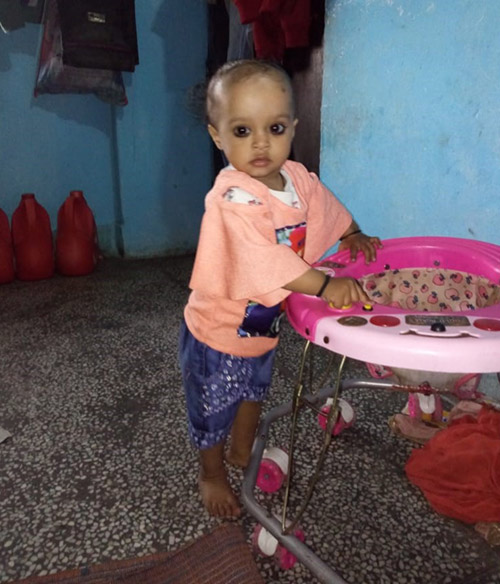
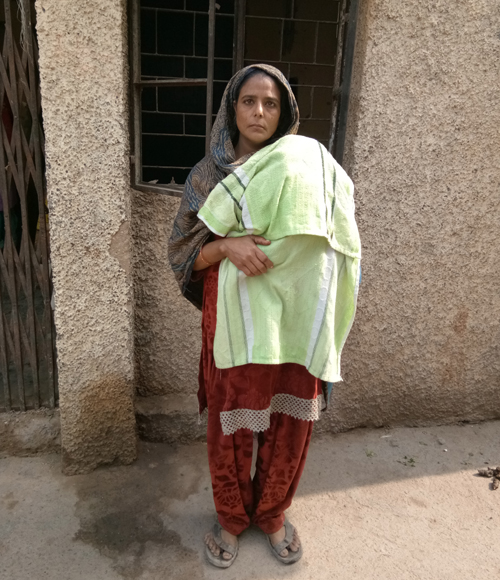

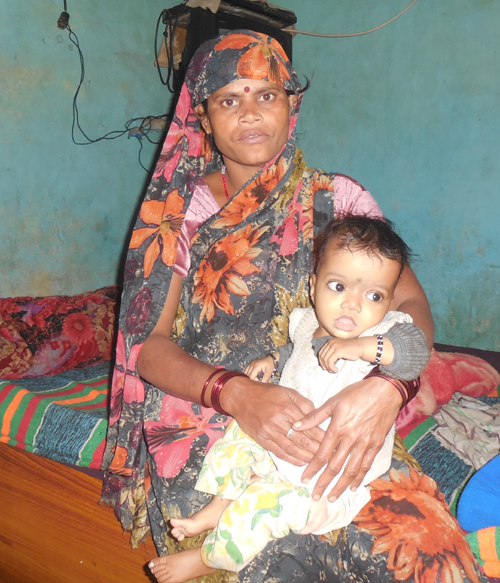
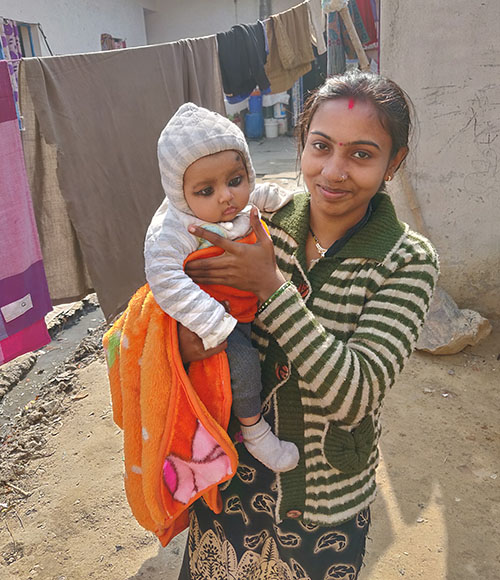
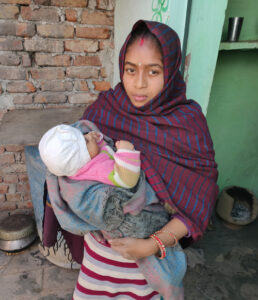 Critical support came when all doors were shut for Pooja
Critical support came when all doors were shut for Pooja 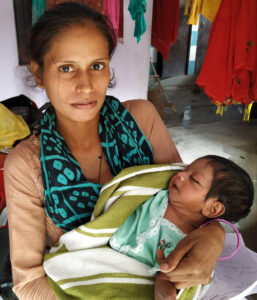 Ensuring Antenatal & Postnatal Checkups
Ensuring Antenatal & Postnatal Checkups 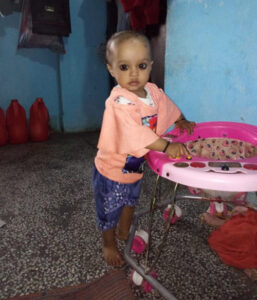 An entire family gets educated on nutrition and hygiene: Peehu’s story
An entire family gets educated on nutrition and hygiene: Peehu’s story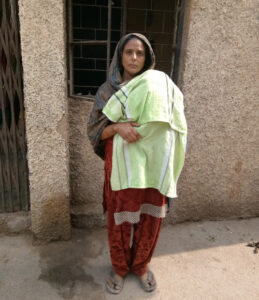 Regular antenatal care and institutional delivery a must: Afroz’s story
Regular antenatal care and institutional delivery a must: Afroz’s story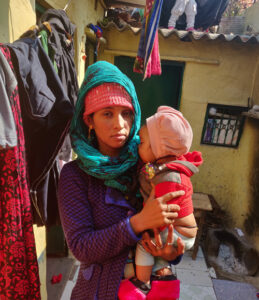 Migrant women access mobile healthcare as life support
Migrant women access mobile healthcare as life support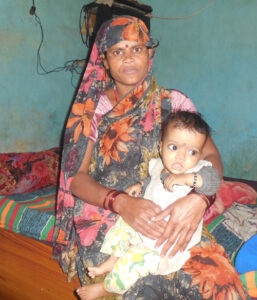 Health and wellbeing within their reach now: Raj’s story
Health and wellbeing within their reach now: Raj’s story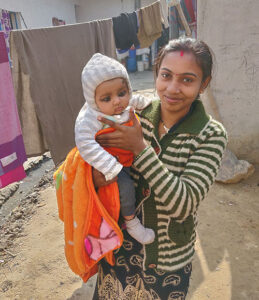 Varsha successfully beats her low haemoglobin score
Varsha successfully beats her low haemoglobin score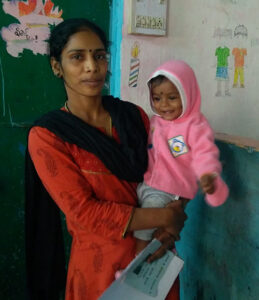
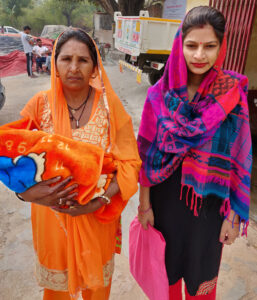 Change begins at home, in this case with the mother-in-law
Change begins at home, in this case with the mother-in-law